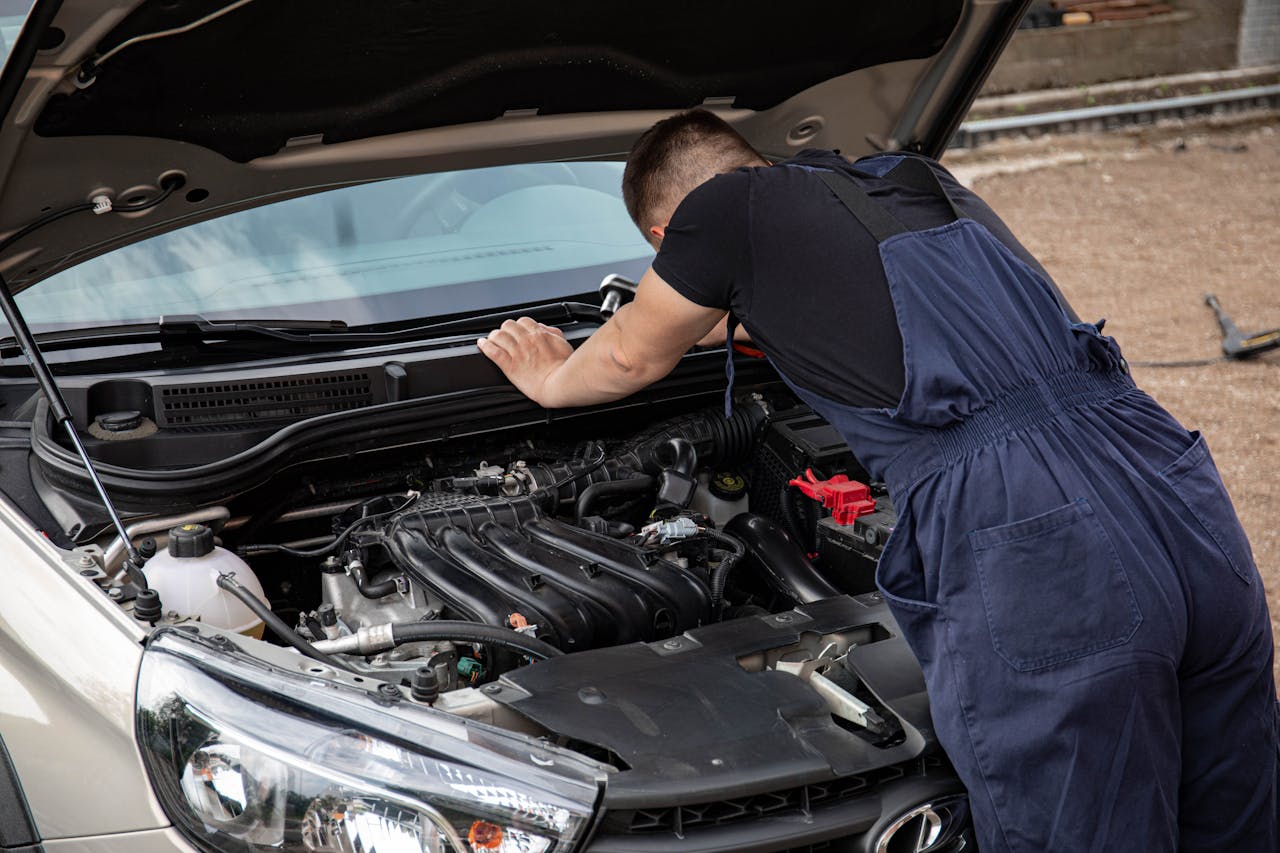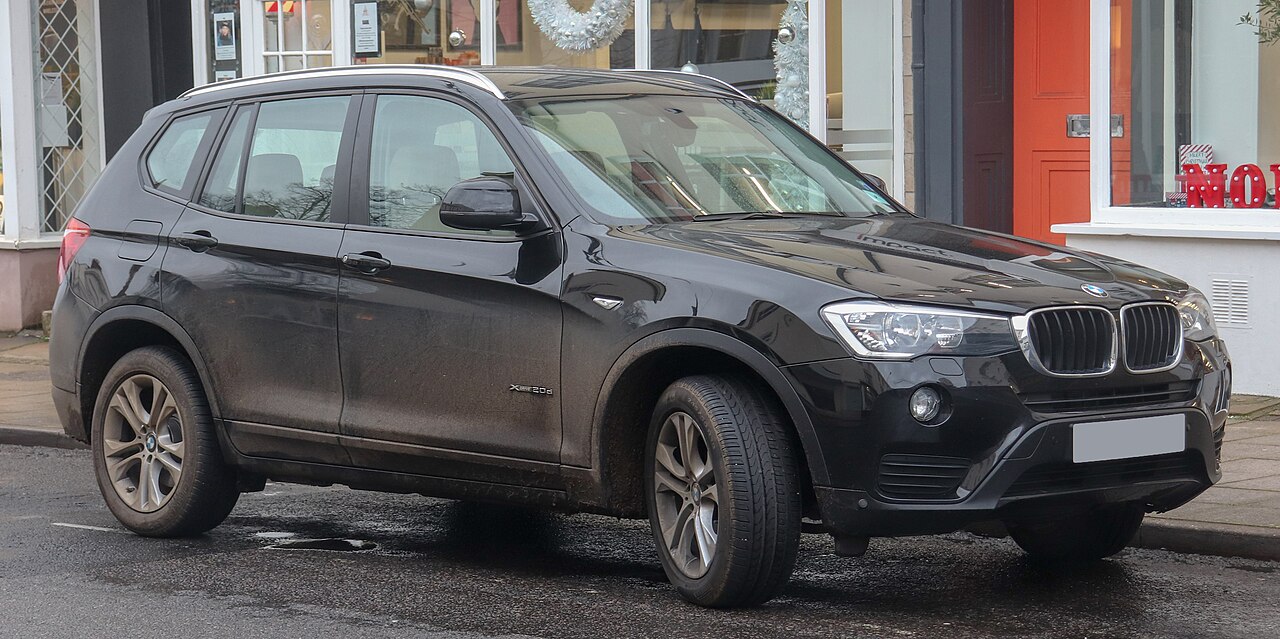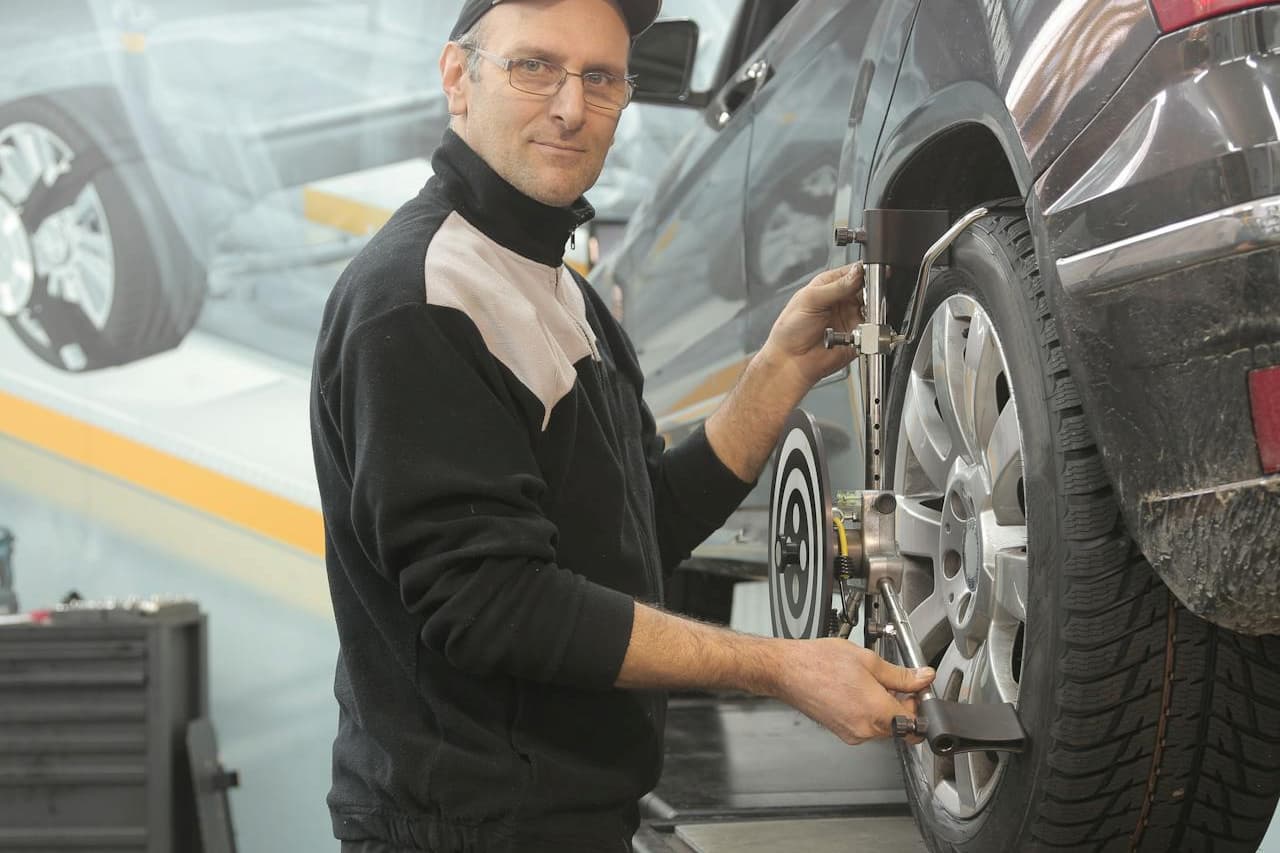We all want our vehicles to last long and perform well, but sometimes, our actions or lack of knowledge can be the very things sabotaging our car’s health. More often than not, car mechanics are left to fix not just the car’s technical issues but also the problems caused by the car owners themselves.
This list of 5 things your car mechanic wishes you would quit doing is not meant to chastise, but to educate and help you maintain your car better. So, buckle up and prepare for a ride into the world of car mechanics.
Ignoring Your Dashboard Warning Lights

While your car’s dashboard may seem like a confusing array of lights and symbols, each one serves a purpose. They’re designed to alert you about various issues, from low fuel to engine problems. Ignoring these warning lights can lead to serious and often expensive damage.
For example, the check engine light might indicate a minor issue, like a loose gas cap, or it could be warning of a more serious problem that could damage your engine if not addressed. If you ignore it and continue driving, you might end up with a costly repair bill. Therefore, it’s essential to consult your vehicle’s manual or a professional mechanic when any warning light comes on.
Neglecting Regular Maintenance

A car is a complex machine, with numerous parts that need regular care and attention. Skipping regular maintenance tasks, such as oil changes, tire rotations, and brake inspections, can lead to major problems down the line.
Oils lubricate your engine, reducing friction and heat. If you neglect to change your oil, it can get dirty and lose its lubricating properties, which can cause your engine to overheat and wear out prematurely. Similarly, not rotating your tires can lead to uneven wear, which can cause them to fail prematurely. Regular maintenance is key to extending the life of your vehicle and avoiding costly repairs.
Not Checking Your Tire Pressure

Your tires are your car’s only contact with the road, and their condition can significantly affect your vehicle’s performance and safety. Underinflated tires generate more heat, which can lead to tire failures, while overinflated tires can make your car more susceptible to road imperfections and cause uneven tire wear.
Checking your tire pressure regularly and maintaining the recommended pressure is an easy and effective way to ensure your safety on the road. It also improves fuel efficiency, as properly inflated tires offer less rolling resistance. Most cars have a sticker in the driver’s door jamb that tells you the recommended tire pressure. You can also find this information in your vehicle’s manual.
Using Cheap, Low-Quality Parts

While it’s tempting to save money by purchasing cheaper car parts, doing so can end up costing you more in the long run. Low-quality parts often wear out faster and can even cause damage to other parts of your vehicle.
For instance, a low-quality oil filter may not filter out contaminants as effectively as a high-quality one, leading to premature engine wear. Similarly, cheap brake pads may not provide the same level of stopping power as higher-quality alternatives, potentially compromising your safety. When it comes to car parts, quality matters. It’s worth investing in high-quality parts to ensure your vehicle’s longevity and performance.
Not Keeping Your Car Clean

Keeping your car clean isn’t just about maintaining its appearance. Dirt, road salt, and other contaminants can damage your car’s paint, lead to rust, and even affect its mechanical parts.
For example, if you live in an area where road salt is used in winter, not washing your car regularly can lead to rust and corrosion, especially on the underside of the vehicle. Similarly, dirt and grime in your engine bay can lead to overheating and other issues. Regularly washing your car, including its undercarriage and engine bay, can help prevent these problems.

